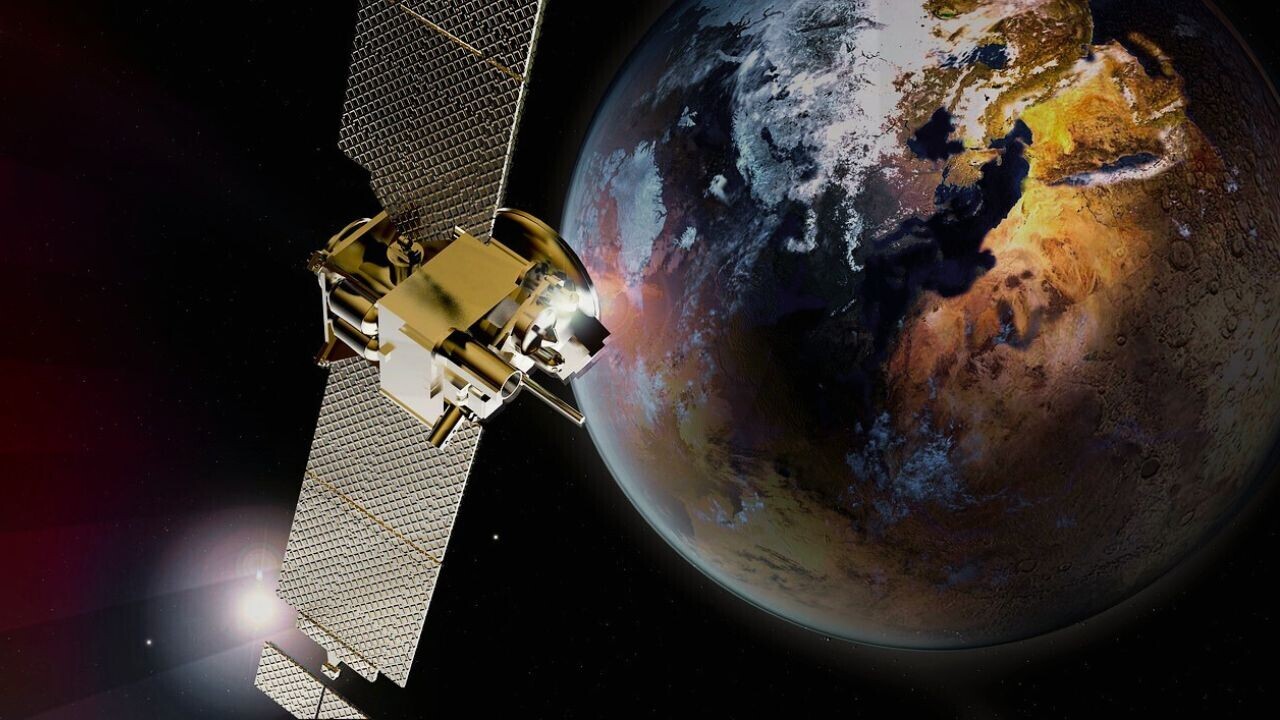Ubotica, an Irish startup specialising in edge AI for satellites, has partnered with two Dutch firms to develop an intelligence platform aimed at bolstering maritime security across European waters.
The company will work with Fugro, a provider of offshore surveying and geodata services, and DTACT, a defence-focused cybersecurity firm, to offer governments a new tool for monitoring critical underwater infrastructure, including gas pipelines and subsea cables.
The platform aims to fuse real-time data from sea, air, and space to create a dynamic picture of maritime activity. Fugro's drones, underwater vehicles, and uncrewed surface vessels will sweep the oceans for geodata. Overhead, Ubotica's AI-powered satellites will track vessels and flag anomalies in near-real time. On the ground, DTACT will pull these streams together into a maritime cybersecurity tool.
Fintan Buckley, CEO of Ubotica, said this “space-to-seabed surveillance” could transform situational awareness at sea.
“This integrated approach, bringing together our insights with Fugro and DTACT, creates enhanced maritime awareness and a near real-time response capability that will secure critical underwater infrastructure well into the future,” he said.
Maritime surveillance of this kind has become increasingly in demand since the 2022 Nord Stream pipeline sabotage, which exposed the vulnerability of underwater assets to covert attacks. European nations in NATO are also stepping up their defences at sea amid growing concerns over Russian aggression.
Ivar de Josselin de Jong, director of strategy and government relations for Fugro's maritime security and surveillance business, said the new partnership would enable “information-driven operations” for national security efforts.
The platform will initially focus on serving governmental organisations in the North Sea and Baltic regions, which have become a testing ground for European maritime defence tech due to their strategic importance and relative proximity to Russia.
Several new systems are currently undergoing trials in the region. The Danish Armed Forces are testing autonomous surface drones in the Baltic Sea, while Dutch company Optics11 is trialling a fibre-optic sensor in the North Sea that “listens with light” to detect enemy vessels.
